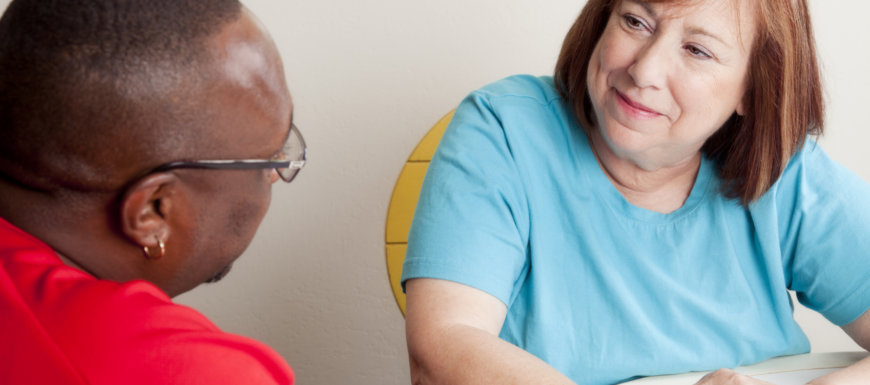
Support available for care leavers accessing their records
Accessing your records can be a positive, life-changing process which can help you get a better sense of who you are, help you build or re-establish contact with family members and provide answers to important unanswered questions.
However it is also often a practically and emotionally draining process which can leave many people with unanswered questions or feelings of anger or confusion. In the short term this can lead to bouts of depression, time off work and substance abuse for some people.
Other people feel no immediate effects, but find that months or even years down the line they need extra help.
There are not many organisations that provide support for care leavers who are accessing to their records as it is not required under law. However, this page will point you in the direction of organisations that may be able to help.
Care-experienced people and care leavers, aged over 25
Care leavers, aged 18-25
If you are aged 25 or under and fall under the government definition of a ‘care leaver’ you have the right to receive support to access and understand your records via the leaving care team or personal advisor at the Local Authority that looked after you. This is a requirement of statutory guidance on the transition to independence under the Children Act. They should also act as an intermediary if you wish to make contact with family or carers and it is safe to do so.
Care-experienced people and care leavers, aged over 25
If you are over 25, or you are not defined as a ‘care leaver’ (because you left care before the age of 15), then you can still ask for support to access your records via:
The local authority or the organisation that looked after you
Some local authorities have a specialist social worker, independent counsellor or records officer to guide you through the process. Barnardo’s, for example, has a team of Access to Records officers trained to do this work, as do several of the London boroughs. They may also help you to contact family members you have lost touch with by acting as your intermediary if you wish.
Advocacy and support organisations, and peer networks
Both The Care Leavers’ Association and The Rees Foundation have programmes that can help you to access your records. They can also put you in touch with peer networks or other care leavers in your local area who have been through the process themselves.
The Salvation Army Family Tracing service
If you would like to get in touch with family, carers or friends you have lost touch with, the Salvation Army has an intermediary service available for a reasonable fee. Please note this service is only available if you were in care, not if you were adopted.
Counselling via the NHS or private
Your doctor can refer you for counselling or therapy if you find that accessing your records has a negative effect on your mental health. There is also a register of private counsellors and therapists, some of whom specialise in childhood experiences of trauma, who may be able to help you for a fee.